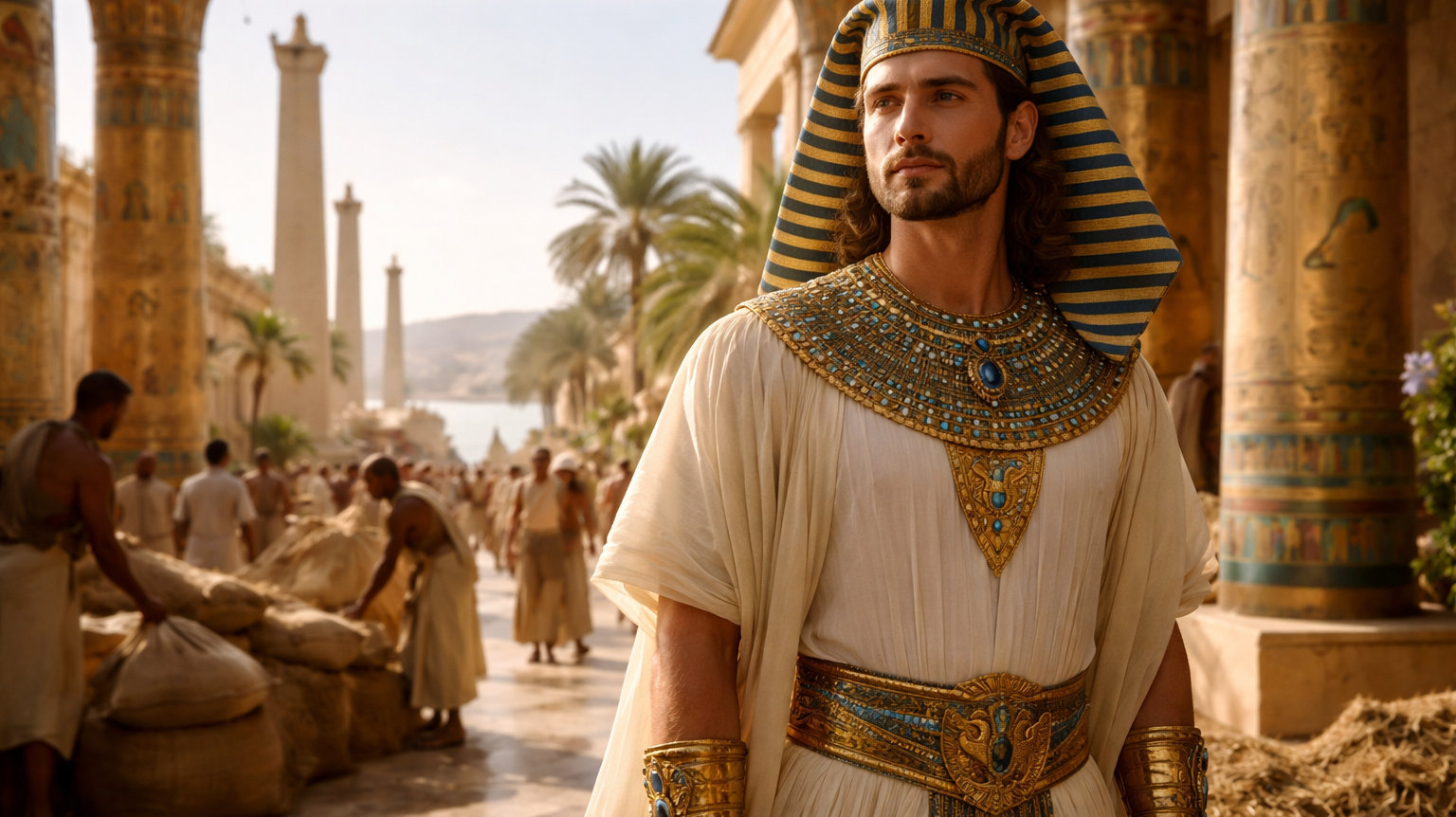The book of 1 Chronicles is often overlooked, but it's filled with powerful lessons, detailed history, and a deep focus on worship. It retells many stories from earlier books like Samuel and Kings—but with a different purpose and tone. Here are ten interesting facts that help us understand the importance of 1 Chronicles in the Bible.
1. 1 Chronicles Starts with Nine Chapters of Genealogies
The first nine chapters list long genealogies, starting with Adam and leading to the families of Israel. These records remind readers of their roots and God's hand through generations.
“Adam, Seth, Enosh, Kenan, Mahalalel, Jared, Enoch, Methuselah, Lamech, Noah.” — 1 Chronicles 1:1-3
These verses show how God's plan spans all of human history.
2. It Was Written After the Babylonian Exile
1 Chronicles was written during or after the Jews returned from exile in Babylon (around 5th century BC). It helped the people remember their identity and God's faithfulness.
“So David gave to Solomon his son the pattern of the porch... and all this, said David, the Lord made me understand in writing.” — 1 Chronicles 28:11-12, 19
This showed God’s ongoing involvement in rebuilding His people.
3. It Focuses Almost Entirely on Judah, Not Israel
Unlike the books of Kings, 1 Chronicles almost completely leaves out the northern kingdom of Israel. Instead, it highlights Judah, the southern kingdom, and the line of David.
“And David reigned over all Israel, and he executed judgment and justice among all his people.” — 1 Chronicles 18:14
This focus points to the coming Messiah through the line of David.
4. David’s Life Is Central
1 Chronicles skips over many of David’s failures (like his sin with Bathsheba) and instead emphasizes his role in preparing for temple worship and organizing the priests and Levites.
“David gave to Solomon... the pattern of all that he had by the Spirit.” — 1 Chronicles 28:12
The writer wanted readers to remember David as a man who honored God in worship.
5. It Emphasizes Temple Worship
Much of the book deals with David gathering materials for the temple and setting up worship leaders.
“And David said, Solomon my son is young and tender... the house that is to be built for the Lord must be exceedingly magnificent.” — 1 Chronicles 22:5
Worship was a key way the people stayed close to God.
6. The Levites Play a Major Role
The Levites are mentioned often. They were assigned duties in music, gatekeeping, and temple service.
“David and the captains of the host separated to the service... the sons of Asaph, and of Heman, and of Jeduthun, who should prophesy with harps.” — 1 Chronicles 25:1
This shows how worship was organized and valued.
7. It Highlights God’s Promise to David
1 Chronicles records the covenant God made with David—that his throne would last forever.
“And I will establish his kingdom forever, if he be constant to do my commandments.” — 1 Chronicles 28:7
This promise pointed forward to Jesus, the eternal King.
8. It Shows Joyful Giving for the Temple
When David asked for offerings to build the temple, the people gave joyfully and generously.
“Then the people rejoiced, for that they offered willingly... with a perfect heart they offered willingly to the Lord.” — 1 Chronicles 29:9
This encourages believers today to give with joy and purpose.
9. It Ends with the Death of King David
The book closes with David’s death and Solomon becoming king.
“So David the son of Jesse reigned over all Israel... and he died in a good old age, full of days, riches, and honor.” — 1 Chronicles 29:26-28
This peaceful transition highlights God's faithfulness from generation to generation.
10. Its Purpose Is Spiritual, Not Just Historical
1 Chronicles isn’t just a history book. It teaches about God’s character, His promises, and how His people should live in worship and obedience.
“Give thanks unto the Lord, call upon his name, make known his deeds among the people.” — 1 Chronicles 16:8
This focus helps readers keep God at the center of their lives.
Summary Table
| Fact # | Focus Area | Bible Reference | Key Theme |
|---|---|---|---|
| 1 | Genealogies | 1 Chronicles 1:1-3 | God’s plan across generations |
| 2 | Post-Exile Context | 1 Chronicles 28:11-12, 19 | Restoration and hope |
| 3 | Judah and David’s Line | 1 Chronicles 18:14 | Messianic promise |
| 4 | David’s Life Emphasized | 1 Chronicles 28:12 | Leadership and worship |
| 5 | Temple Preparation | 1 Chronicles 22:5 | Worship importance |
| 6 | Levite Roles | 1 Chronicles 25:1 | Organized praise |
| 7 | Covenant with David | 1 Chronicles 28:7 | Eternal Kingdom |
| 8 | Generous Giving | 1 Chronicles 29:9 | Joyful obedience |
| 9 | Death of David | 1 Chronicles 29:26-28 | Peaceful transition |
| 10 | Spiritual Purpose | 1 Chronicles 16:8 | Call to praise |
























